Apple in 2022: silicon wins, pipeline problems, and good-enough gadgets
Apple's year in review
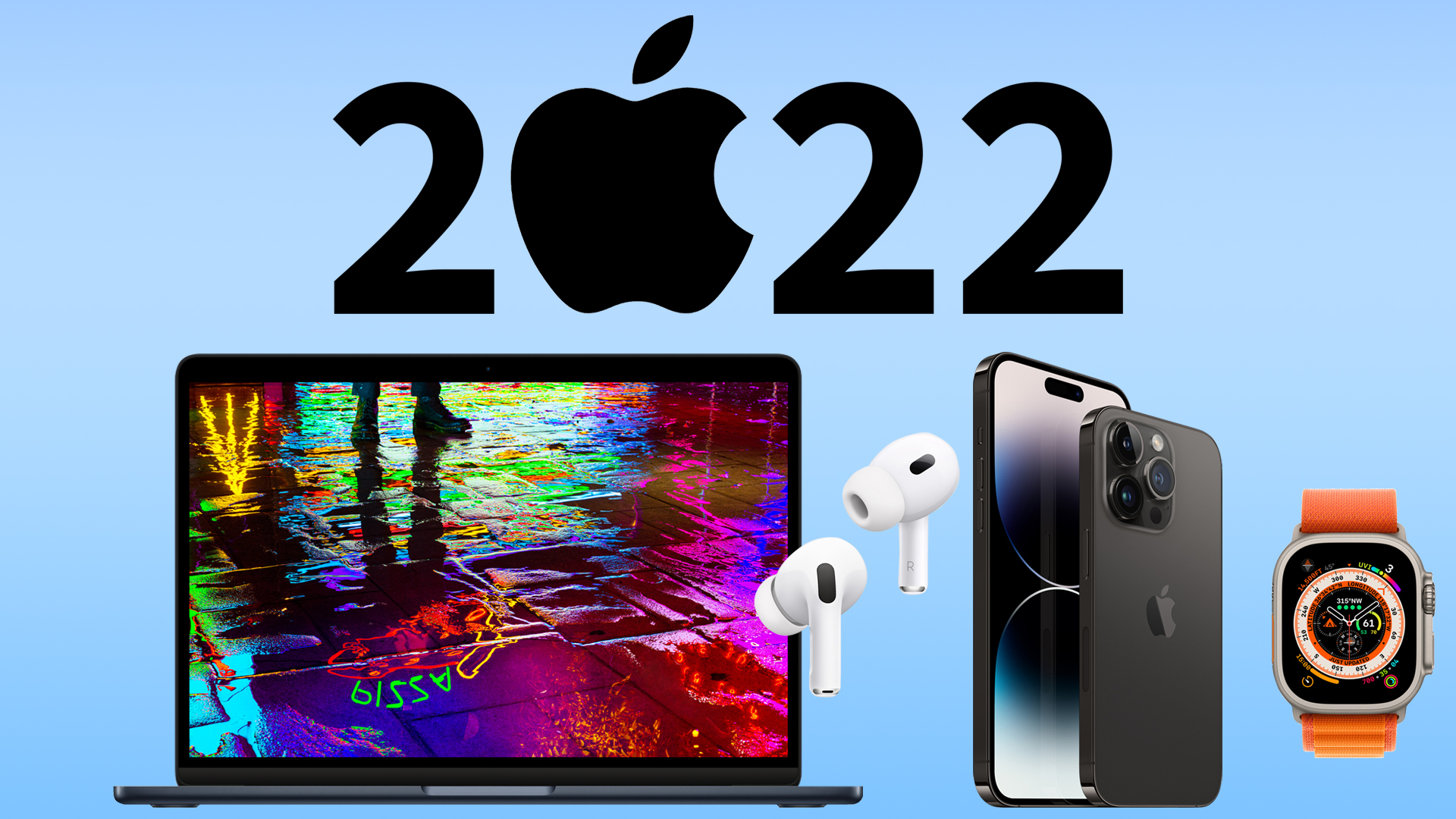
Sign up for breaking news, reviews, opinion, top tech deals, and more.
You are now subscribed
Your newsletter sign-up was successful
Apple did a lot in 2022, but as we close out the ledgers on what still feels like a recovery year for humanity, it's hard to find anything that had as big an impact as Apple Silicon.
Because Apple's own chip program now underpins 99% of its desktops, laptops, tablets, and iPhones, it has an outsized impact on everything Apple does. The full-stack control Apple enjoys across its product lines – from silicon to components to build and up to the software, interfaces, and services – is now unparalleled.
It's not just that Apple achieved its goal of migrating almost everything to Apple silicon this year, it's that the company continues to make unparalleled leaps in mobile performance.
"Yes, Apple Silicon was a big story and continues to be a big one. All of their semi [conductor] competitors are struggling to get to the same power/battery improvements Apple has in the M1 and M2 chips, and are at least a year behind them if not more," said longtime Apple analyst and Creative Strategies Chairman Tim Bajarin via email.
Unlike Intel, which unveils chips and then waits a few months for its partners to deliver systems built around it, Apple delivered the 5-nanometer process, 20 billion-transistor, 10-core GPU M2 alongside a new MacBook Air featuring the new Apple Silicon.
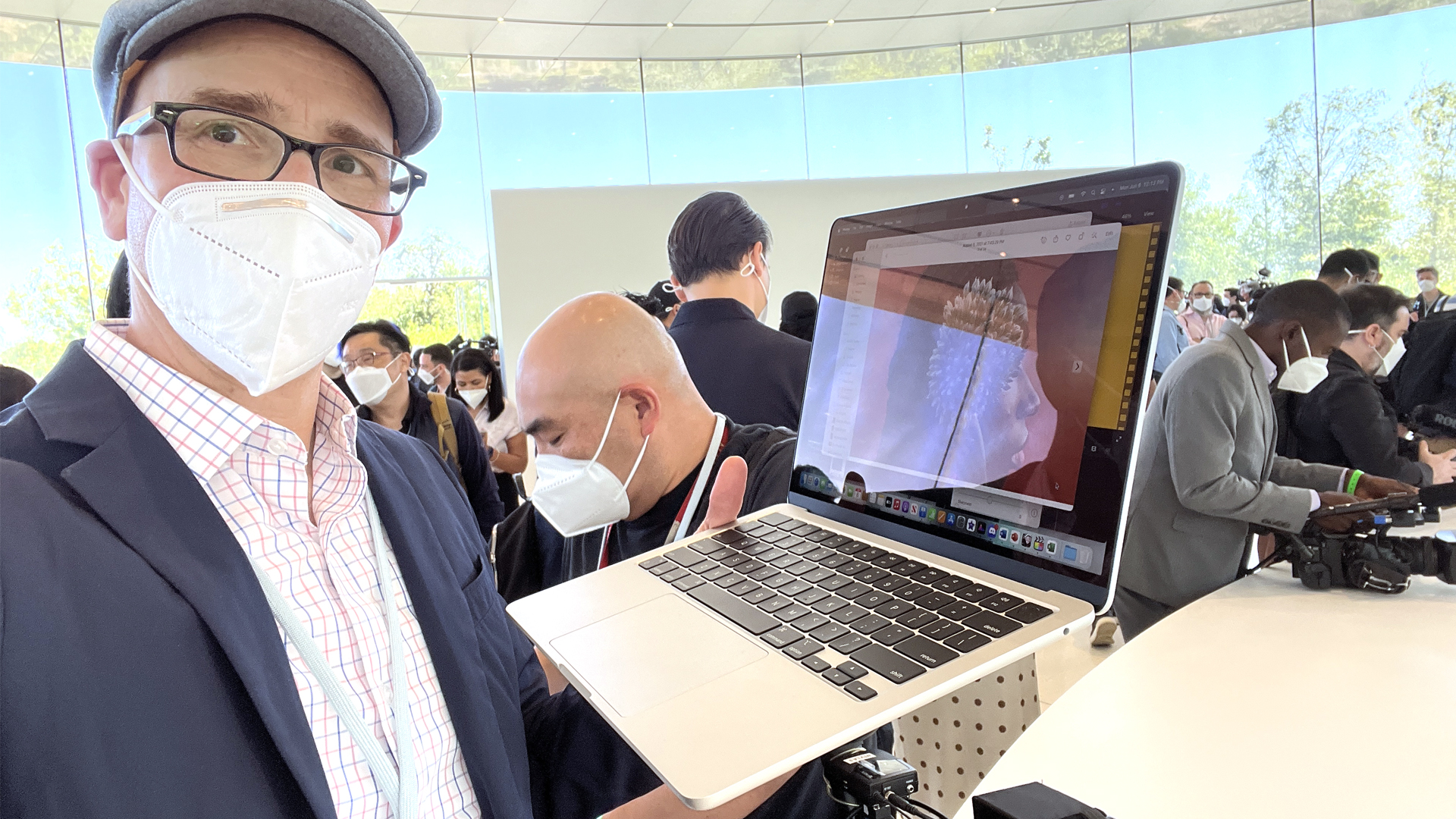
At the same time, Apple was able to unveil the next generation of all the software platforms that would run on its new desktops and laptops (macOS Ventura), and future iPads (iPadOS 16) and iPhones (iOS 16).
This mobile cadence of software and then, three months later, the hardware to support it is both predictable and efficient.
Sign up for breaking news, reviews, opinion, top tech deals, and more.
While the Apple Silicon story generated considerable excitement, the rest of Apple's 2022 was more of a mixed bag. Granted, Apple's mixed bag is anyone else's marquee year.
The new M2 MacBook Air is a perfect example of a product that probably split Apple fans down the middle. The redesigned chassis sunsetted an iconic design in favor of an ultra-portable that might be mistaken for someone else's hardware. To be fair, the industry has gravitated towards Apple's once signature curved aluminum chassis design, so much so that Apple had to go a different way.
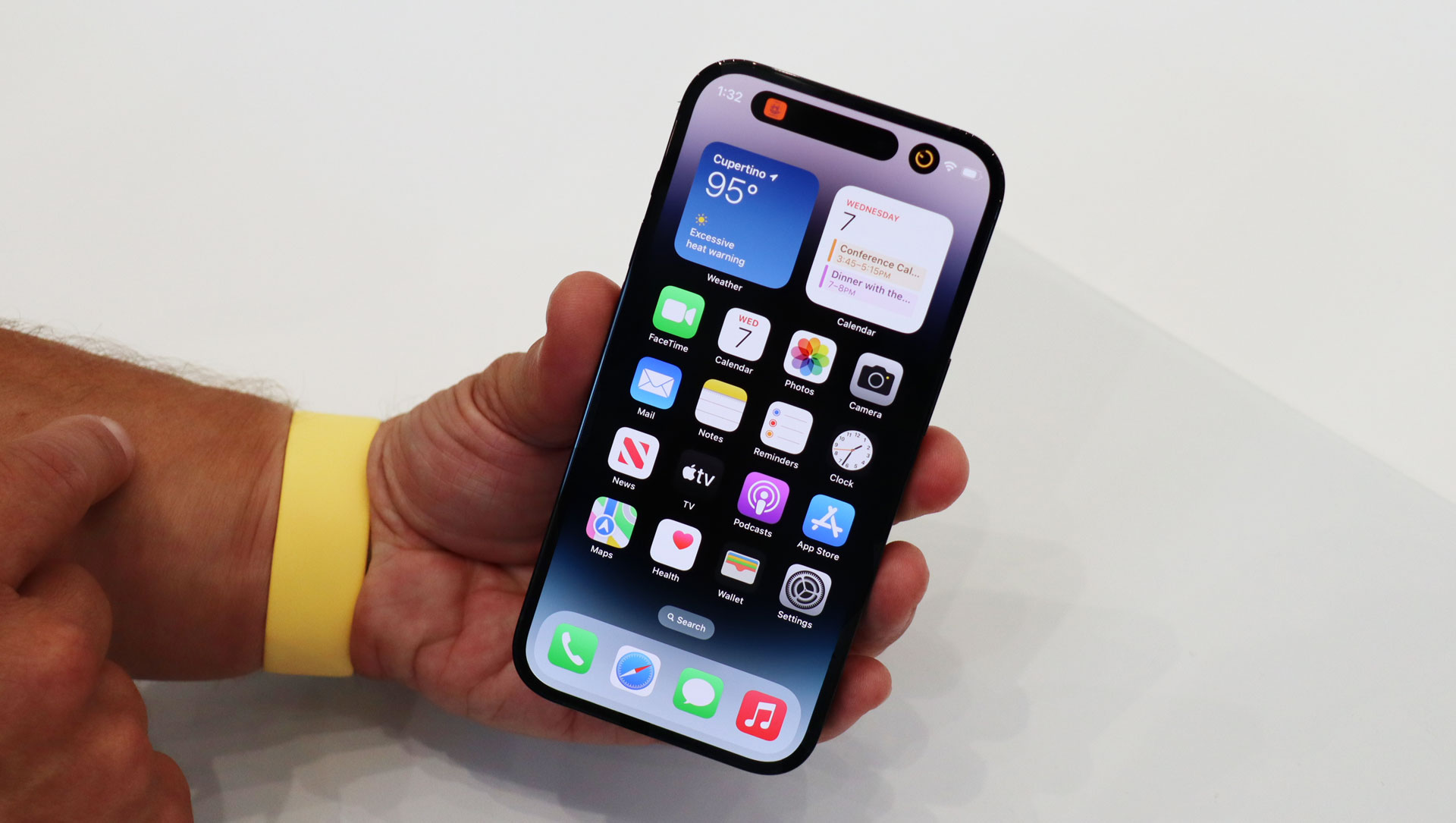
Apple's iPhone 14 wasn't the flash redesign some hoped for, but I still don't think it's gotten enough credit for the Dynamic Island (only available on the iPhone 14 Pro models). And Emergency SOS via Satellite on the entire line is also worth celebrating.
Sadly, Apple may have again miscalculated on a new iPhone size variant. People seem as excited about the iPhone 14 Plus as they did about the iPhone 13 mini, which is to say, not very.
The big story from an iPhone perspective, at least for me, was the iOS 16 and the updates to focus, notifications, Messaging, emails, and the lock screen. Apple's decision to adjust core functions, like the ability to edit messages after you send them, should not be overlooked. Raise your hand if you've already used this feature.
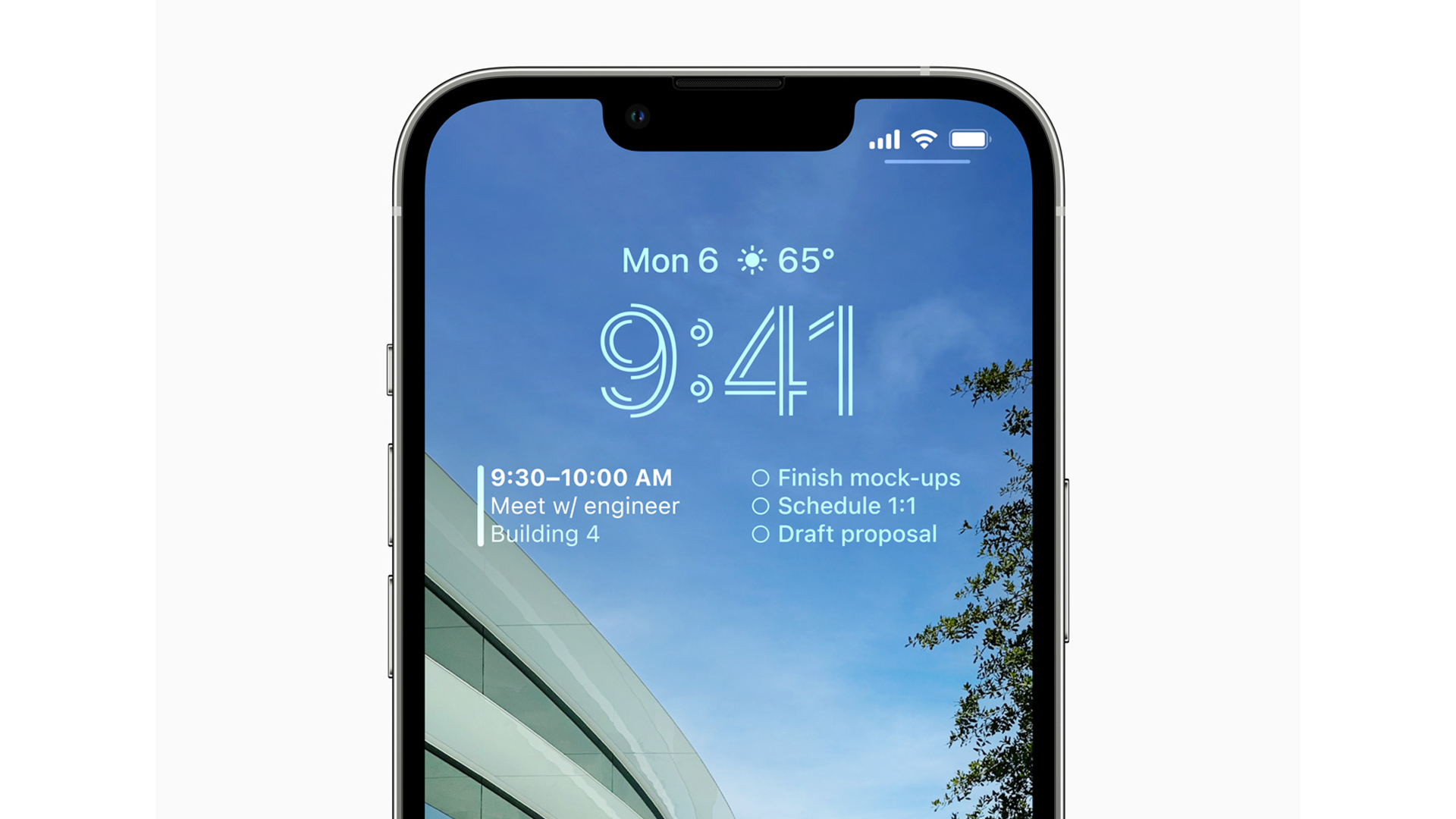
Apple took a similarly cautious approach with the Apple Watch 8, an adroit and still excellent smartwatch that's overshadowed by the more powerful and beefy Apple Watch Ultra. Is the Ultra a big hit? Too soon to say, but I bet it's too much watch for most people.
In many ways, 2022 felt like an in-between year for Apple. Look at the Apple iPad line. The awesomely powerful M2-powered 12.9 iPad Pro, while not doing much on the design side, pushes tablet power into new and unchartered spaces.
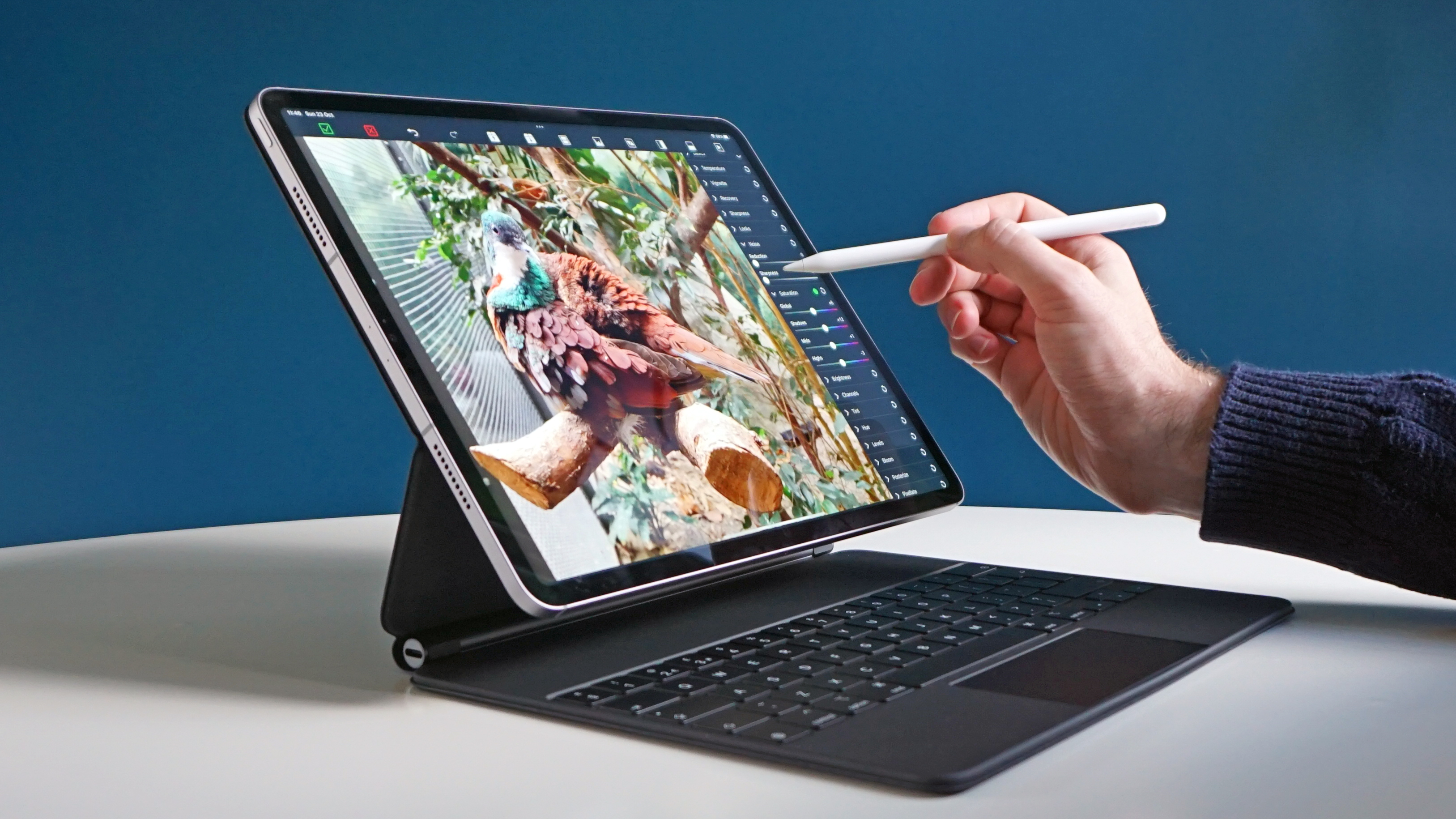
Then you have the iPad 10.9, which takes the flagship tablet to a new design space but is saddled with an aging (though still decent) CPU and a last-gen Apple Pencil.
I'm struck, too, by the things Apple didn't do in 2022. There was still no word or tease on the Apple Car. This cursed project seems no closer to reality than it did five years ago. That won't stop anyone from writing about it but, mark my words, we'll know no more about this iCar at the end of 2023 than we do right now.
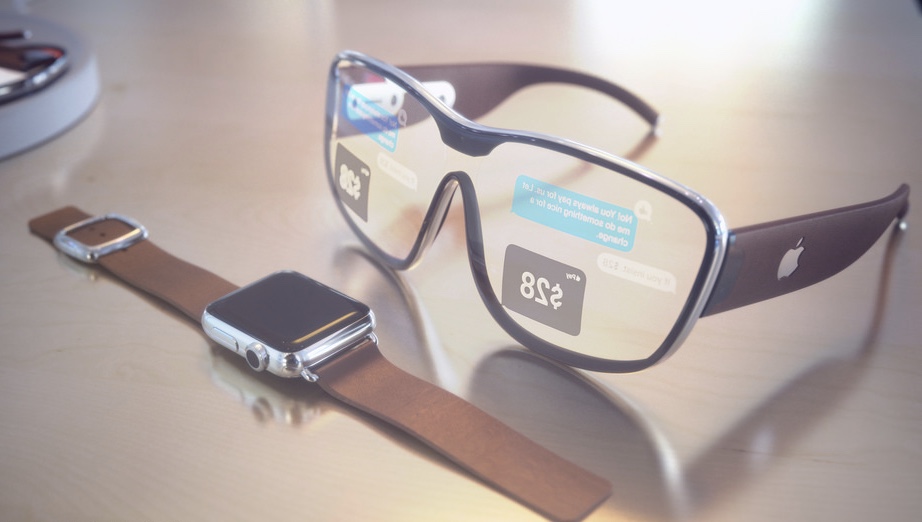
A lot of us, including me, thought Apple was teasing its AR glasses when it talked about "Peek Performance" in the spring. I was wrong. As with so many new category innovations these days, Apple is taking its sweet time. Not everyone was fooled.
"I never expected the AR glasses in 2022, and not sure we will see them even in 2023. In talking with the supply chain, there are still real challenges with getting the optics, Bluetooth radios, and rugged designs into place that could pass the demands and needs of their customers," Bajarin wrote to me.
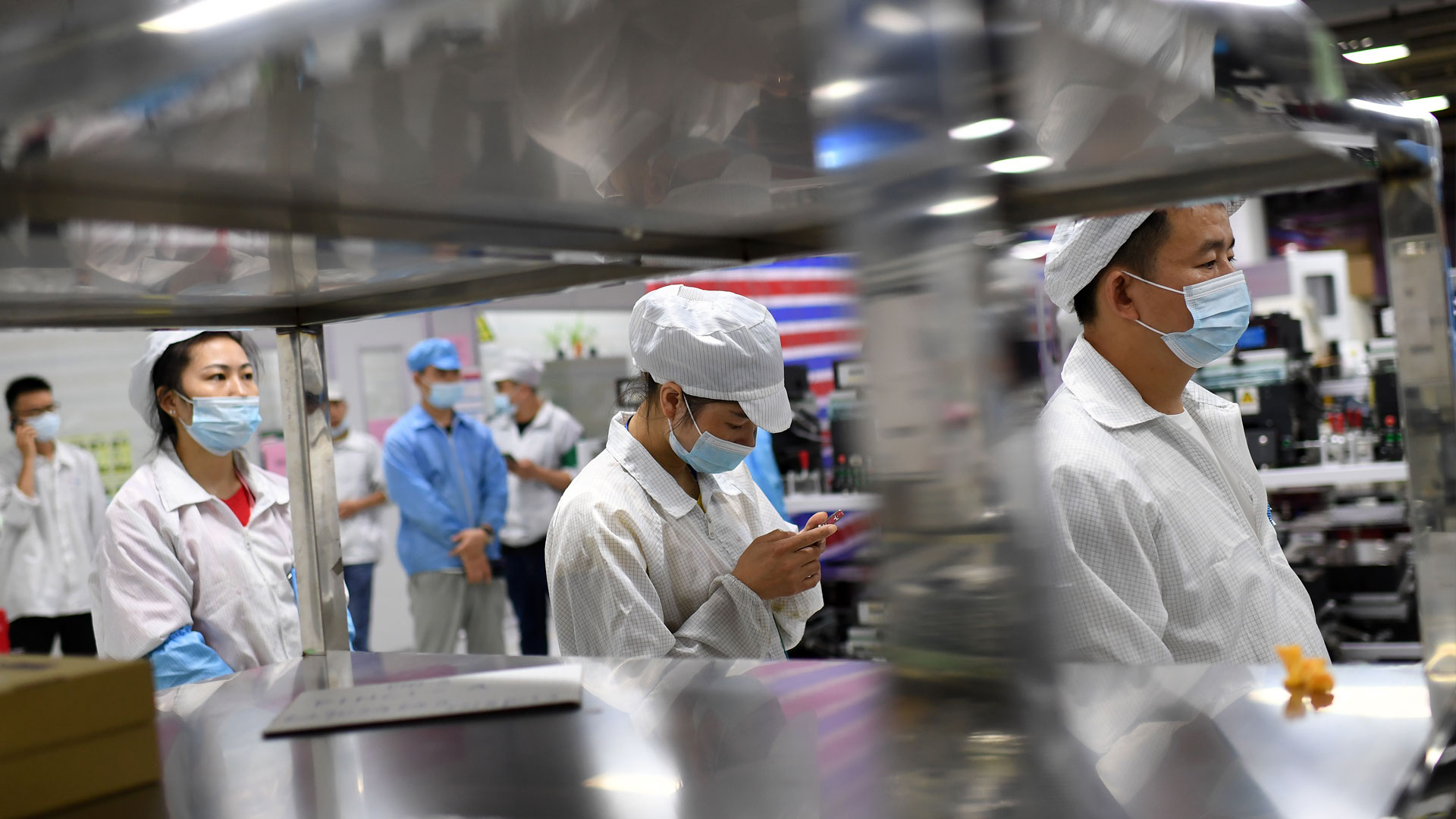
This leads me to some of Apple's biggest challenges in 2022. Tim Cook mentioned supply chain issues more than once throughout the year and, in particular, how they might impact iPhone availability. It hasn't been that bad, but with some of the new Covid shutdowns in China, things might get a bit worse in the spring.
Bajarin agreed that the supply chain was easily one of Apple's biggest challenges in 2022.
"That Zero Covid Policy of [China's] President XI was disastrous for them and others. It is going to take at least another two quarters to get better," Bajarin wrote.
As the year came to a close, Apple faced some real challenges to its bedrock App Store principles, with the European Union all but forcing it to accept third-party stores on its devices. The EU may also be accelerating Apple's existing plans to move the iPhone to USB-C. That's not a huge deal, but I don't imagine Apple and CEO Tim Cook like getting pushed around.
And lately, there's been a little tit-for-tat with Twitter's Elon Musk.
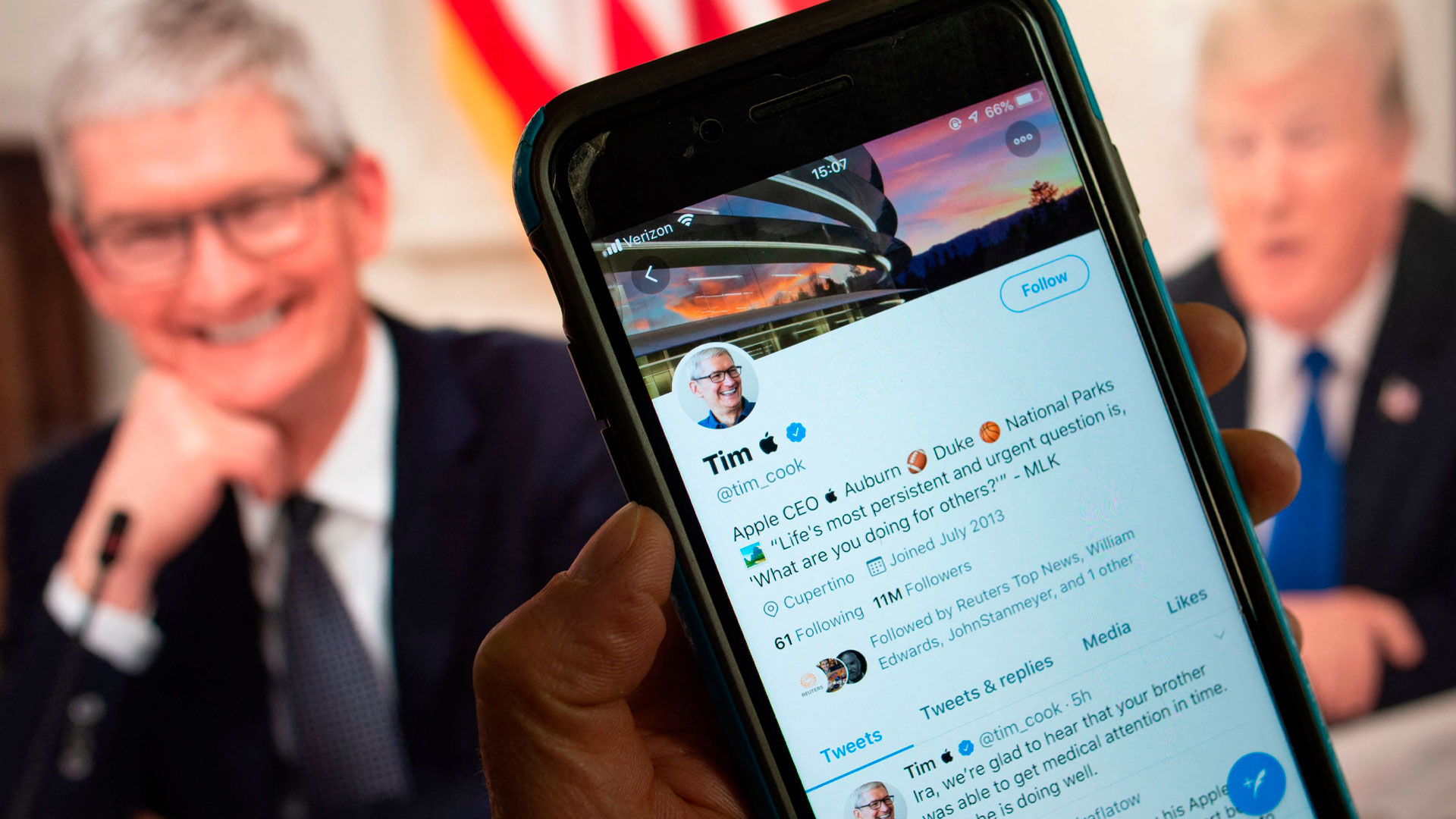
Twitter has long been one of the App Store's most popular apps, but Musk's stewardship of the brand has been a disaster. He's desperate to make some real revenue and profit through subscriptions, especially for those tied to the new, beleaguered Twitter Blue Verification program.
Naturally, Musk needs to keep all that money and not pay Apple its 30% cut for in-app purchases. Of course, Musk took his complaints about the fee and what he sees as Apple's App Store monopoly public on Twitter. He even threatened to build his own phone.
Eventually, Cook and Musk met in private and hashed things out. But for however that skirmish looked to us. Bajarin said it was no big deal.
"The Twitter/Musk fight was more of a nuisance than causing Apple any real problems," he wrote.
Even with Apple's stellar services program taking a surprise revenue dip this year, 2022 was really a good annum for Apple. Its growing market share is primed to deliver an even more exciting set of iPhones next year and will surely wow us again with new apple Silicon (Hello, M3) in 2023.

A 38-year industry veteran and award-winning journalist, Lance has covered technology since PCs were the size of suitcases and “on line” meant “waiting.” He’s a former Lifewire Editor-in-Chief, Mashable Editor-in-Chief, and, before that, Editor in Chief of PCMag.com and Senior Vice President of Content for Ziff Davis, Inc. He also wrote a popular, weekly tech column for Medium called The Upgrade.
Lance Ulanoff makes frequent appearances on national, international, and local news programs including Live with Kelly and Mark, the Today Show, Good Morning America, CNBC, CNN, and the BBC.